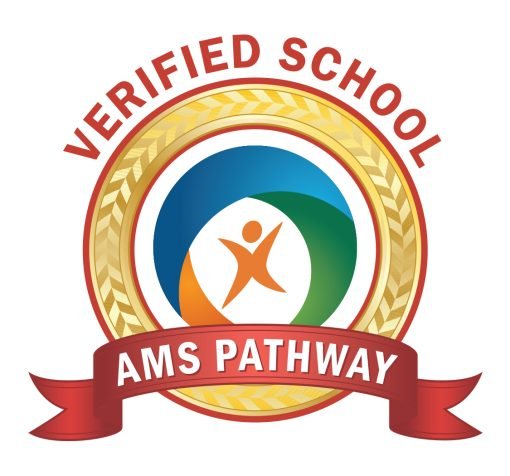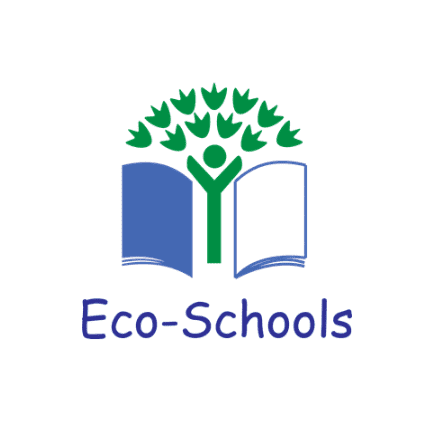Many parents in the United States are blissfully unaware of a long-standing challenge facing our nation’s schools. We send our children to school in their early years, assuming that they will learn to read.
But the reality is much more grim: Only 33 percent of fourth-grade students are reading at a proficient level, and a whopping 39 percent are reading below a basic level.
Perhaps more disappointing is that these numbers aren’t news. They have been worsened by the pandemic, but our national reading scores have been consistently poor for decades (NAEP).
The reasons are complicated, but at the center of our nation’s literacy crisis is a need for teacher education programs to incorporate research about how we learn to read, and schools must implement that research in their classrooms.
This body of research is referred to as “the science of reading.”
“The science of reading is a vast, interdisciplinary body of scientifically based research about reading and issues related to reading and writing.
This research has been conducted over the last five decades worldwide and is derived from thousands of studies conducted in multiple languages. The science of reading has culminated in a preponderance of evidence to inform how proficient reading and writing develop; why some have difficulty; and how we can most effectively assess and teach and, therefore, improve student outcomes through prevention of and intervention for reading difficulties.” —The Reading League
Montessori House for Children and Elementary School has been working hard to learn and implement evidence-based strategies to ensure our students become strong independent readers.
We began by implementing a screening system to help us assess both our instruction and our students’ skills. Students in their final year of early childhood, first-year elementary students, and all newly enrolled students are screened for reading proficiency using Acadience Reading.
This allows us to identify children who will benefit from more targeted reading instruction so that they can build skills and confidence. It has also allowed us to identify children who may have reading difficulties, such as dyslexia, for whom the timely intervention is a life-changing gift.
Based on this year’s screening results, we identified students who would benefit from more intensive reading instruction, and we delivered specialized small-group instruction using UFLI Foundations.
We used this year to focus on literacy educational opportunities for our guides because their expertise is a vital component of our school. In the summer of 2022, all MHFC guides attended an overview training on the science of reading and participated in ongoing professional development.
Early childhood classrooms received Heggerty, a phonemic awareness curriculum designed to build the foundational skills necessary for reading. Additionally, we revised our libraries in early childhood and lower elementary classrooms with an emphasis on decodable readers so children have focused practice and experience success with the patterns of English they learn with their guides.
In the summer of 2023, our elementary guides are completing the Elementary Reading Certificate program offered by the American Montessori Society. The course is designed to align Montessori instruction with the science of reading.
Additionally, elementary guides have taken a training course on The Writing Revolution and the Montessori method to gain even more expertise in writing and in learning how to develop our students’ critical thinking skills through written expression.
Our elementary guides have also participated in a special workshop on Structured Word Inquiry to help deepen their students’ understanding of English spelling through morphology and etymology.
We have big plans for 2023!
Our school will have two reading and writing specialists on-site as part of our literacy initiative. We will be working with these specialists to expand our knowledge and further refine our reading, spelling, and writing instruction so our students can confidently move forward in their learning journeys.
Over the course of the year, you can expect to see more literacy support for families through our literacy initiative, including free parent workshops, literacy-related book groups, and online “office hours” for parents to ask questions and get support for working with their children at home.
We believe that every child deserves access to a literacy-rich environment and instruction that is grounded in current research because we want to equip all students with the skills they need to achieve their own dreams.
About the Author
Karstin is the owner of the Texas Reading Institute in Katy. Throughout her career, she worked as an editor for various literary presses, K-2 educational presses, and top academic and trade book publishers. She holds advanced degrees from Miami University (Oxford, Ohio) and the University of Oregon, where she taught courses in English composition, persuasive and research writing, fiction, and poetry.
Karstin’s son was diagnosed with dyslexia at the end of kindergarten, which is how her family came to the Texas Reading Institute/Family Literacy Network. She is forever grateful to Dr. Bergman and his staff for teaching her son to read, and she is thrilled to be a part of the solution for kids like hers.
Karstin lives in Katy, Texas, with her husband and their wildly bright third grader, a cat, and two mischievous dogs.




